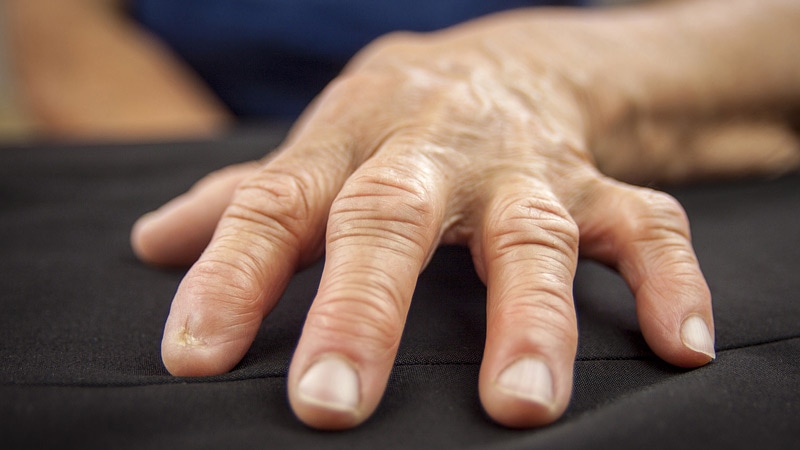Core Concepts
Immune system aging accelerates in autoimmune diseases like rheumatism, impacting immune response and disease development.
Abstract
The content discusses the premature aging of the immune system in patients with rheumatism, highlighting key factors contributing to this phenomenon:
Immune System Aging:
Aging leads to increased susceptibility to diseases.
Thymus gland function diminishes with age.
Inflamm-aging:
Inflammatory changes impact immune response.
Decreased immunity against infections and malignancies.
B-cell and T-cell Aging:
Changes in B-cell and T-cell populations with age.
Development of autoantibodies in older individuals.
Metabolic Changes:
Mitochondrial dysfunction in RA patients.
Impact on cellular energy production and inflammatory responses.
Patients With Rheumatism Have Premature Immune System Aging
Stats
"At age 50 years, the aging process of the immune system gains momentum."
"Through this [process], the preimmune range of B-cells decreases and becomes less healthy than in a young person."
"RA T-cells contain less MRE11A, compared with those in healthy people."
Quotes
"There is this phenomenon of premature aging of the immune system."
"Protective immunity regresses and the inferior immunity emerges."
"RA patients' synovial tissue is a graveyard of dying T-cells."
Key Insights Distilled From
by Bianca Bach at www.medscape.com 09-22-2023
https://www.medscape.com/viewarticle/996735
Deeper Inquiries
How does inflamm-aging impact the development of autoimmune diseases beyond rheumatism?
Inflamm-aging, characterized by changes in cytokine levels and immune responses, plays a significant role in the development of autoimmune diseases beyond rheumatism. The altered immune response and increased production of proinflammatory cytokines can lead to a breakdown in immune tolerance, resulting in the body attacking its tissues. This process can contribute to the development of various autoimmune conditions such as systemic lupus erythematosus, scleroderma, and multiple sclerosis. The chronic low-grade inflammation associated with inflamm-aging can exacerbate autoimmune responses and contribute to tissue damage in these conditions.
What potential treatments could target the premature aging of the immune system in autoimmune conditions?
Several potential treatments could target the premature aging of the immune system in autoimmune conditions. One approach could involve interventions that aim to modulate the inflammatory response, such as anti-inflammatory medications or biologics targeting specific cytokines involved in inflamm-aging. Another strategy could focus on rejuvenating the immune system, possibly through stem cell therapies or interventions that promote the regeneration of immune cells. Additionally, lifestyle modifications like diet, exercise, and stress management may also play a role in mitigating immune system aging in autoimmune conditions.
How can the findings on immune system aging in rheumatism patients be applied to other autoimmune disorders?
The findings on immune system aging in rheumatism patients can provide valuable insights that can be applied to other autoimmune disorders. Understanding the mechanisms of premature immune system aging, such as the role of age-associated B-cells and dysfunctional T-cells, can help researchers and clinicians identify common pathways in different autoimmune conditions. By studying how these aging processes contribute to disease pathogenesis in rheumatism, similar mechanisms in other autoimmune disorders can be explored. This cross-disciplinary approach may lead to the development of targeted therapies that address immune system aging across a range of autoimmune conditions.
0
